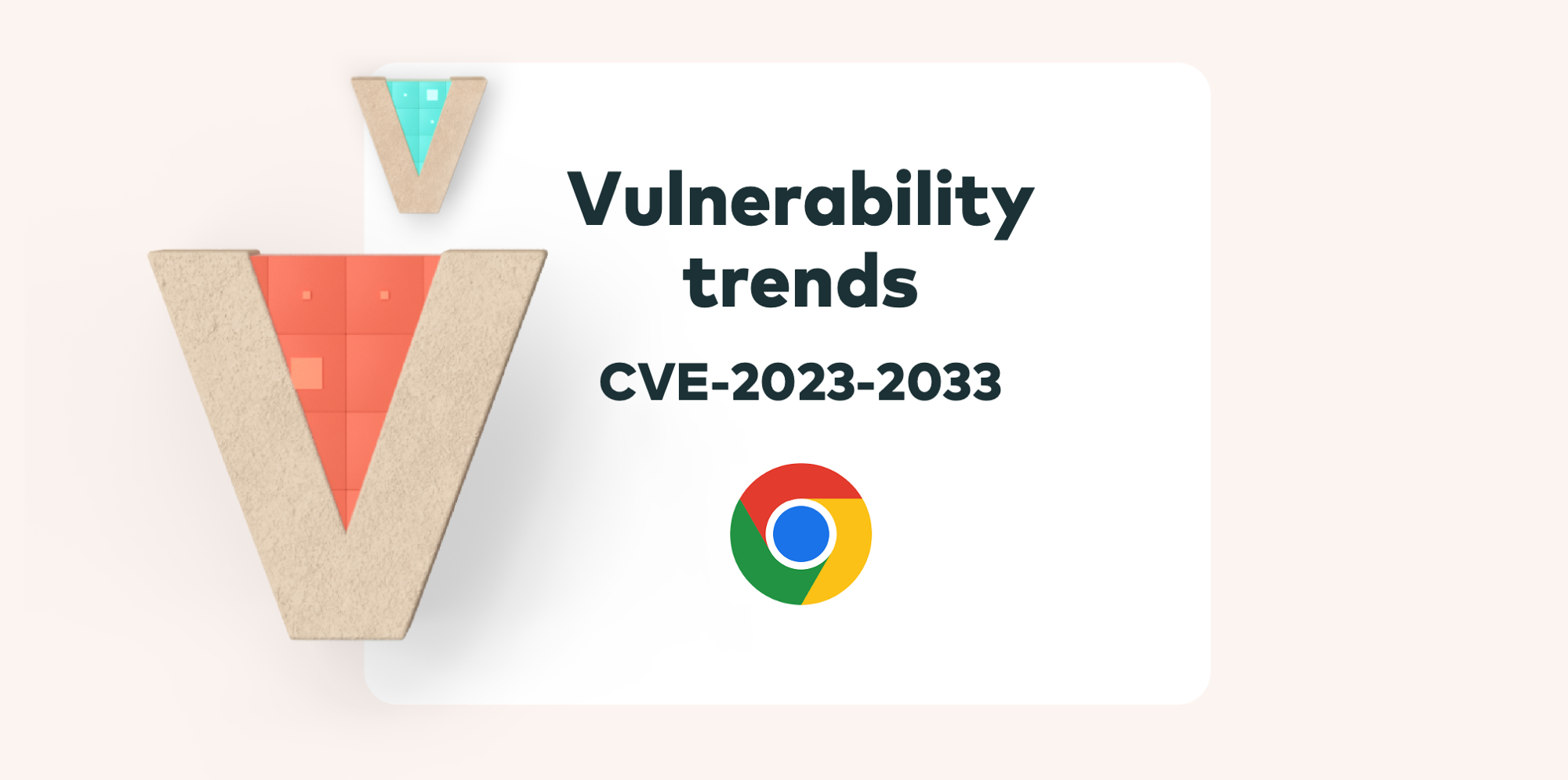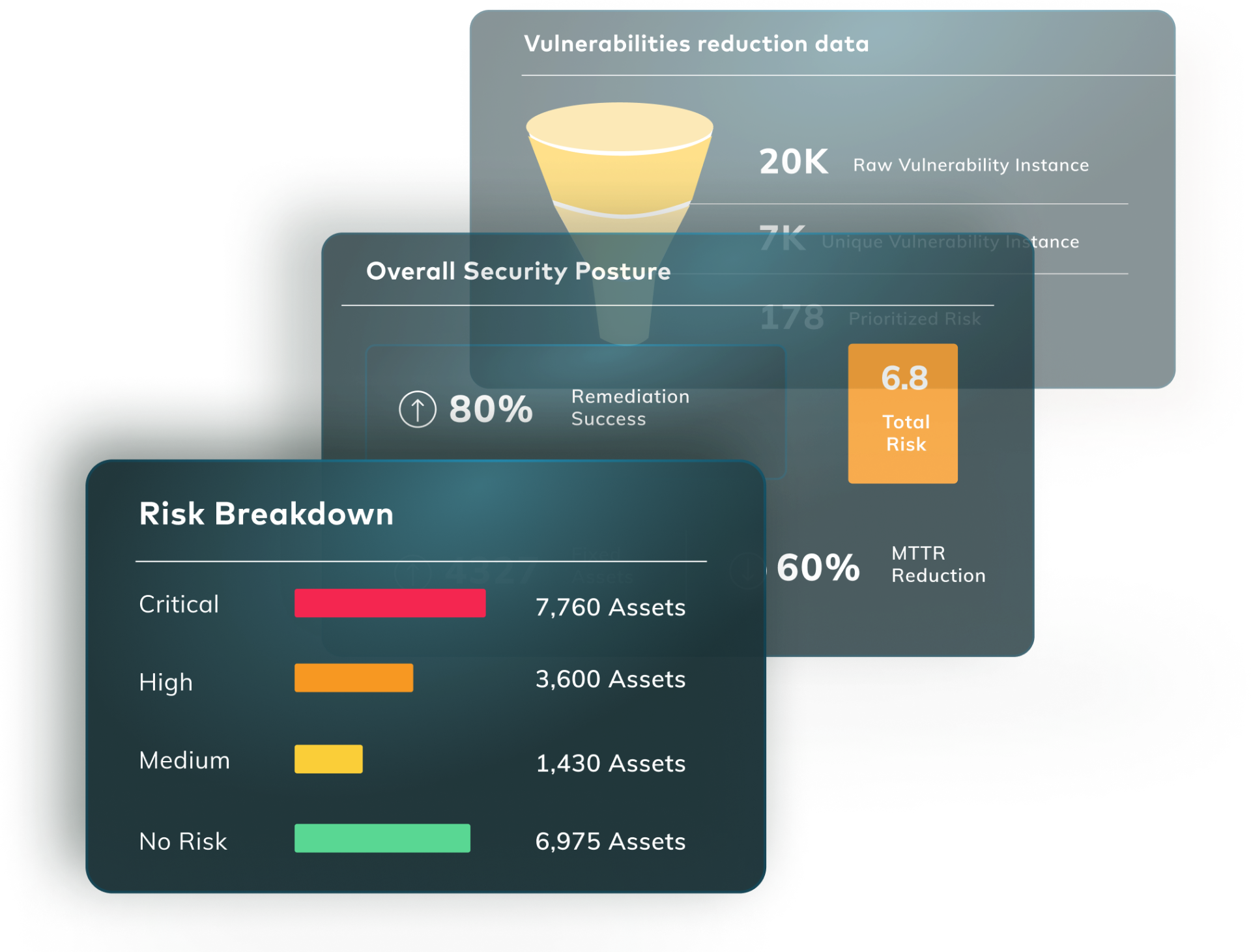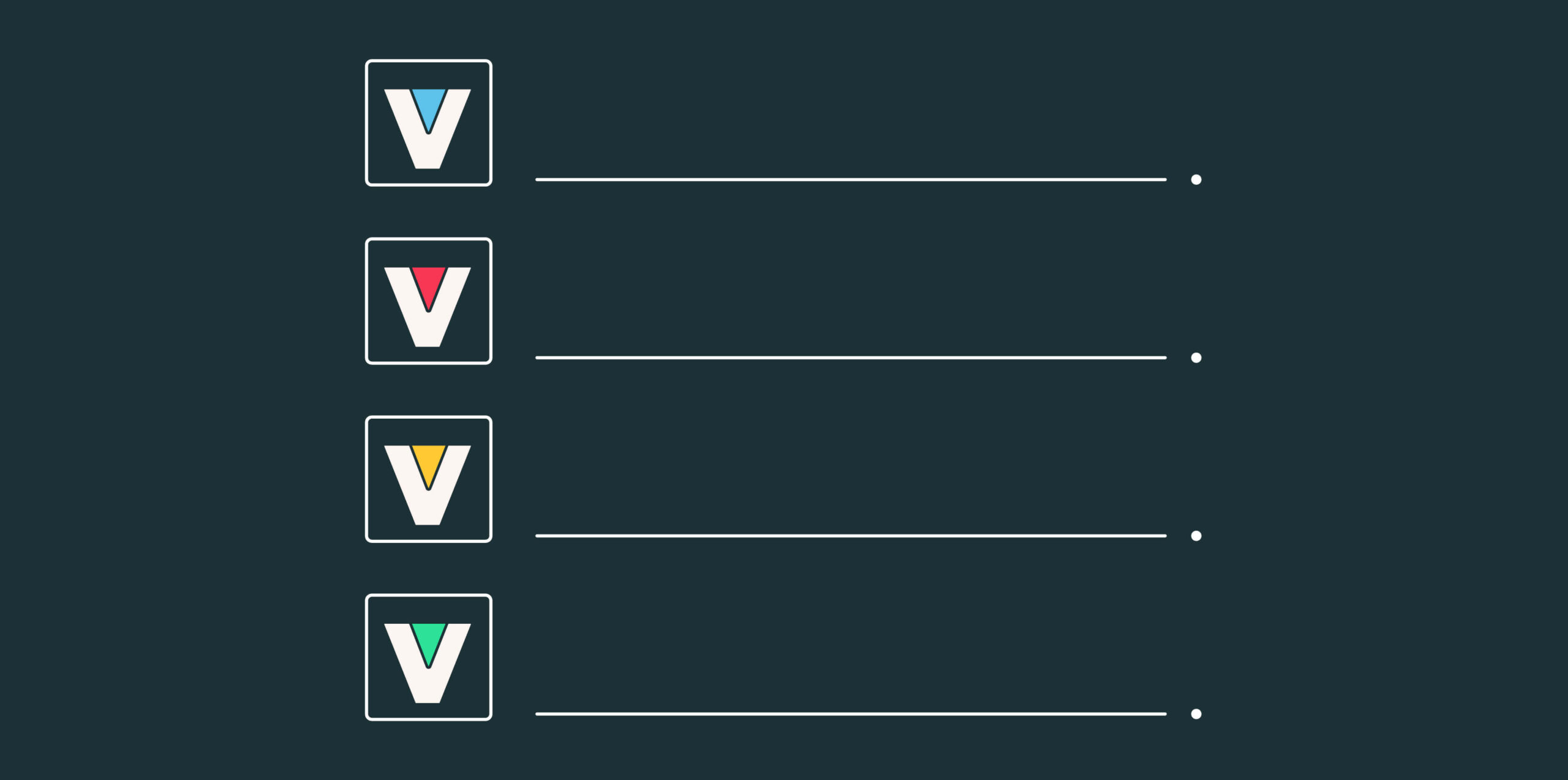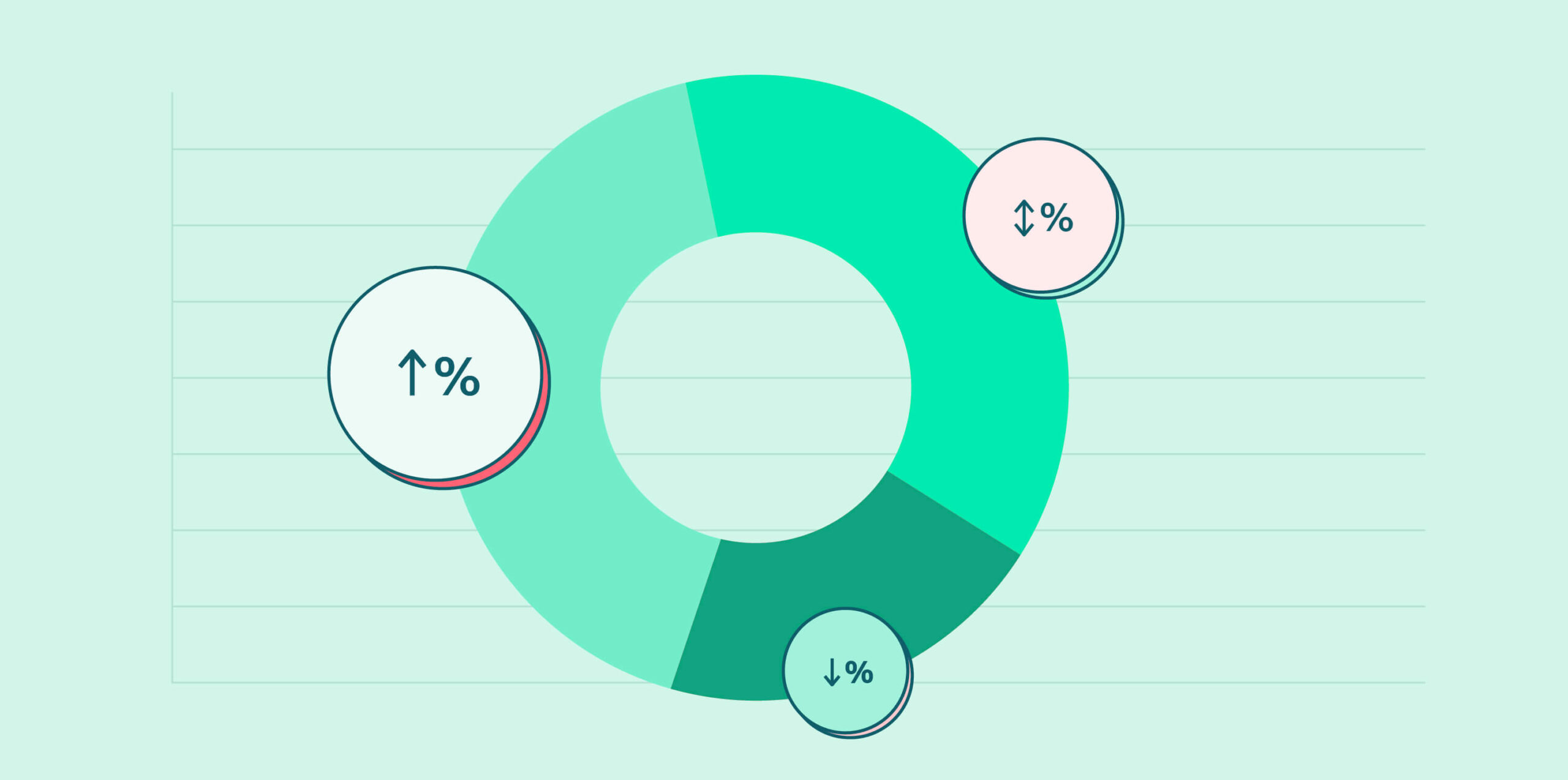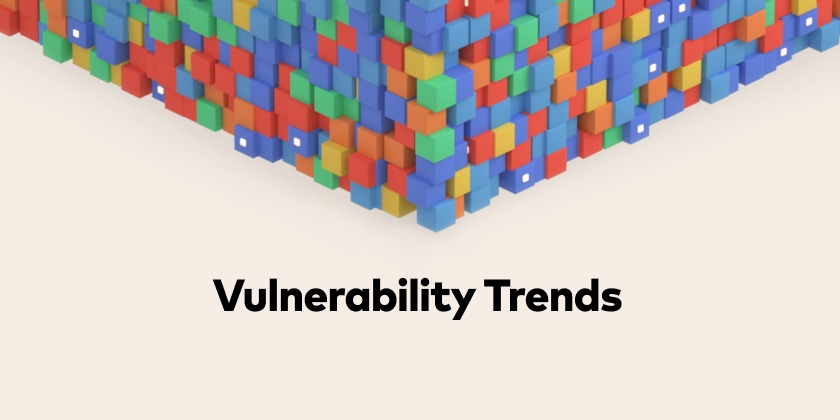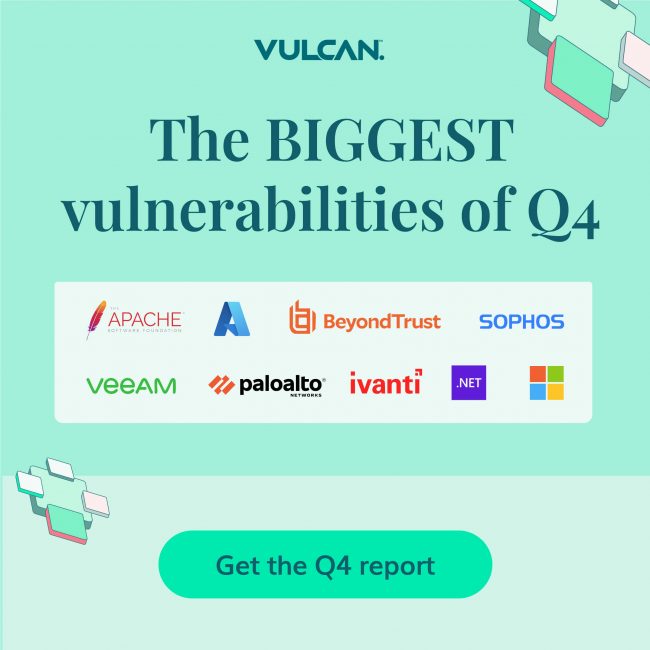Google has released an urgent update to address a zero-day vulnerability actively exploited in its Chrome web browser, identified as CVE-2023-2033. This vulnerability, considered highly severe, has been classified as a type confusion issue in the V8 JavaScript engine. Here’s what you need to know:
Does CVE-2023-2033 affect me?
The vulnerability affects users of Google Chrome who have not updated to version 112.0.5615.121 or later. Users are advised to update their browsers as soon as possible to avoid potential exploitation.
Has it been actively exploited in the wild?
Google confirmed that CVE-2023-2033 has been actively exploited in the wild. However, they have not shared additional technical details or indicators of compromise (IoCs) to prevent further exploitation by threat actors.
Fixing CVE-2023-2033
Google has released out-of-band updates to resolve the vulnerability. Users are advised to update their Chrome browsers to version 112.0.5615.121 or later immediately. The vulnerability is similar to four other type confusion flaws in V8 (CVE-2022-1096, CVE-2022-1364, CVE-2022-3723, and CVE-2022-4262), which Google remediated in 2022.
Next steps
Each new vulnerability is a reminder of where we stand, and what we need to do better. Check out the following resources to help you maintain cyber hygiene and stay ahead of the threat actors:
- VulnRX – vulnerability fix database
- MITRE ATTACK framework – Mapping techniques to CVEs
- Exploit maturity: an introduction
- How to properly tackle zero-day threats
- OWASP Top 10 vulnerabilities 2022: what we learned
And finally…
Don’t get found out by new vulnerabilities. Vulcan Cyber gives you full visibility and oversight of your threat environment and lets you prioritize, remediate and communicate your cyber risk across your entire organization. Get a demo today.


